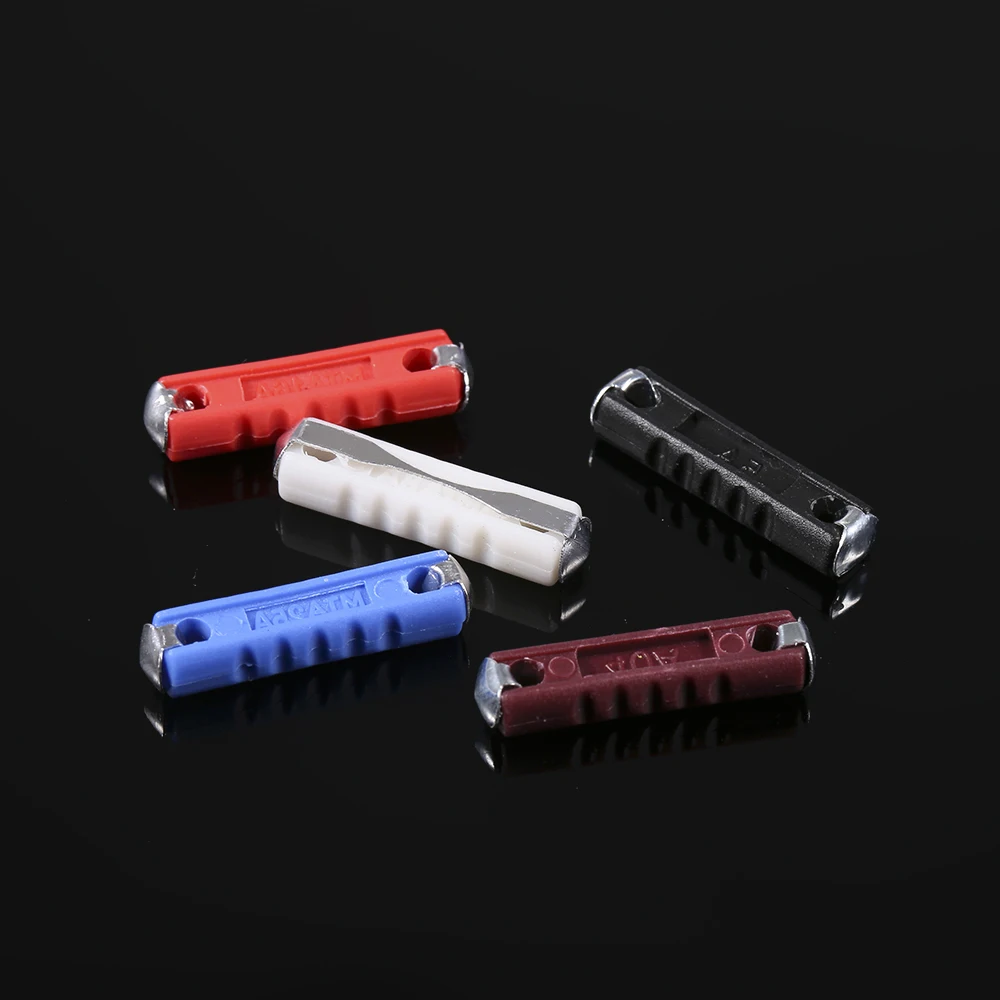Wrenches are vital tools found in various industries, from automotive service to construction projects. This article explores the different types of wrenches, their applications, and essential maintenance tips, with an emphasis on their importance in projects involving geonets.

What are the various types of wrenches?
Wrenches come in several forms, including adjustable, socket, torque, and box-end. Each type is tailored for specific tasks, making it crucial to select the appropriate wrench for your particular needs.
How do you pick the right wrench for the job?
Choosing the right wrench requires considering the fastener size, the working environment, and the torque necessary for the task. For confined spaces, a ratchet wrench may be best, while larger bolts typically require a torque wrench for accurate tightening.
What are some common uses for wrenches?
Wrenches are primarily used for tightening or loosening nuts and bolts. They are widely utilized in automotive repairs, plumbing, and construction, especially in projects that incorporate geonets for effective drainage and soil stabilization.
How do you maintain your wrench for longevity?
To keep your wrenches in top condition, clean them after each use, store them in a dry place, and periodically check for signs of wear. Proper maintenance ensures precision and extends the lifespan of your tools, which is particularly important for tasks involving geonets.
In conclusion, wrenches are indispensable tools for a variety of tasks. By understanding the different types, knowing how to choose the right one, and ensuring proper maintenance, you can significantly enhance your efficiency in various projects. Whether working with basic fasteners or integrating geonets into your construction efforts, a reliable wrench is essential for achieving successful outcomes.